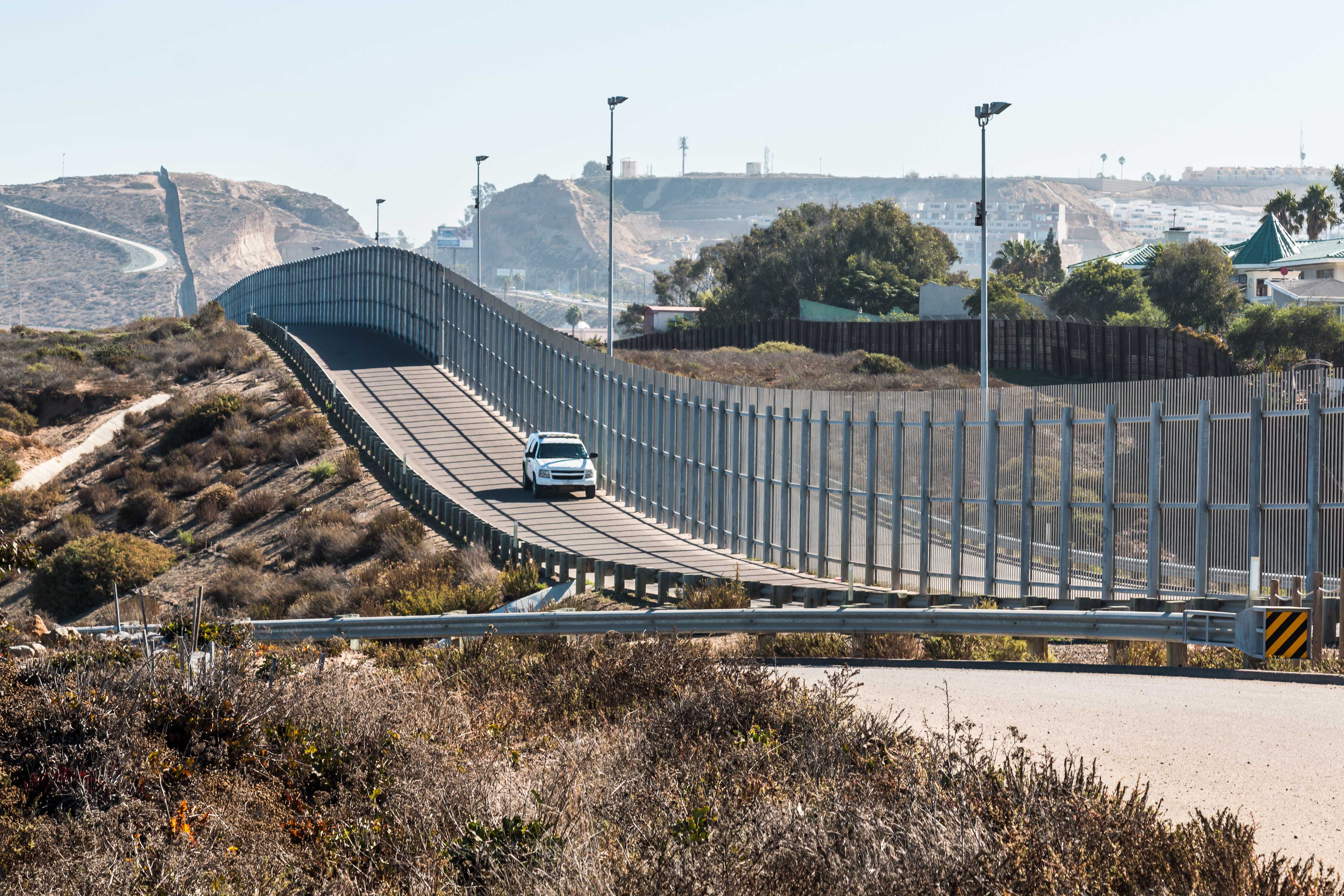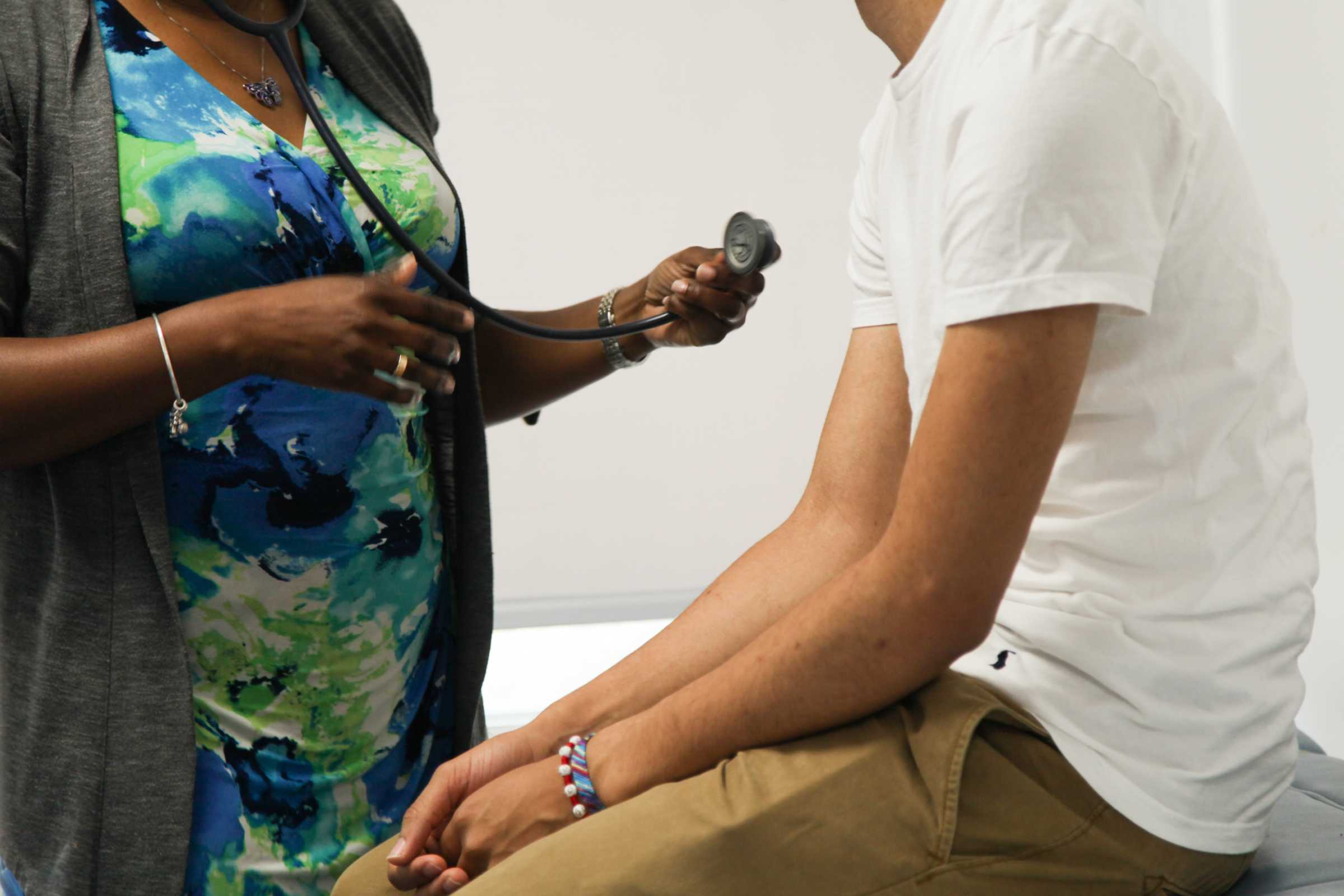This summary was featured in Documented’s Early Arrival newsletter. You can subscribe to receive it in your inbox three times per week here.
As the pandemic raged last year, Dora Eglis Ramírez and Pavel Brigido Rivero travelled from Cuba to seek asylum in the U.S. They were able to cross eight countries without contracting COVID-19. But once they hit the U.S.-Mexico border last month, U.S. Border Patrol arrested them in Southern California and transferred them to a crowded border station. They were jammed into cells with 200 migrants for 10 days, which is where Rivero contracted the virus. Public health officials and shelter operators warn that a lack of COVID-19 testing among migrants and overcrowding in shelters could bring a surge of new case transmissions. The New York Times
In other national immigration news…
一文教你如何成为街头市集或夜市摊主
Arizona Farmworkers Face Long and Dangerous Commute
While northern U.S. farms go on a hiatus every winter, Arizona’s Yuma County produces melons, broccoli and 90 percent of greens in the U.S. from November to late April. An estimated 8,000 to 10,000 people with special visas, green cards or dual citizenship cross the U.S.-Mexico border daily to work at farms. Some seven hours or more each day commuting. Over the past year, the pandemic has made this commute potentially dangerous for workers. Huge numbers of essential workers gather at ports of entry every day as they go to work, with many lacking COVID-19 precautions. Food & Environment Reporting Network
Military Veteran Makes Third Attempt to Become U.S. Citizen
Paul Canton, a longtime Florida resident, was told by a U.S. military recruiter years ago that if he served, he could become a citizen. But when he tried to renew his driver’s license almost two years ago, the veteran was told he had never received citizenship. So he applied for citizenship again, but was denied because he showed “poor moral character” for claiming to be a citizen when he wasn’t. Canton’s attorney Elizabeth Ricci recently filed for him again. But immigration officials said they needed to discuss his reserve status before making the decision, as Canton didn’t begin active service until after the Persian Gulf Conflict ended in November 1991. WESH
100 ICE Detainees Test Positive for COVID-19 in Colorado
Close to 100 detainees at the Immigration and Customs Enforcement jail in Aurora, Colorado, tested positive for COVID-19 as of last week. According to a report from Rep. Jason Crow’s (D-Colo.) office, 96 detainees and one employee at the facility contracted the virus. “Conditions at Geo [Group] and the manner we treat individuals detained there not only reflect our community values but impact our public health,” Crow said in a statement, referencing the for-profit Geo Group that runs the jail. An ICE spokesperson said the facility has been received 166 new immigrants from border facilities this month. The agency says it tests the immigrants upon arrival and separates them for two weeks. CPR News
Supreme Court Sides with Undocumented Immigrant
On Thursday, the Supreme Court sided with Agusto Niz-Chavez, an undocumented Guatemalan immigrant fighting his deportation. Niz-Chavez crossed the southern border in 2005. In 2013, the government initiated removal proceedings against him, first sending him a notice of charges and then a date for a scheduled court appearance. The timing of the notices was at the heart of the case, as under federal law, an immigrant can only appeal a removal order if they’ve been in the U.S. continuously for at least 10 years. But Niz-Chavez said he never received a single notice to appear, as required by law, and the court agreed this violated the law. ABC News













